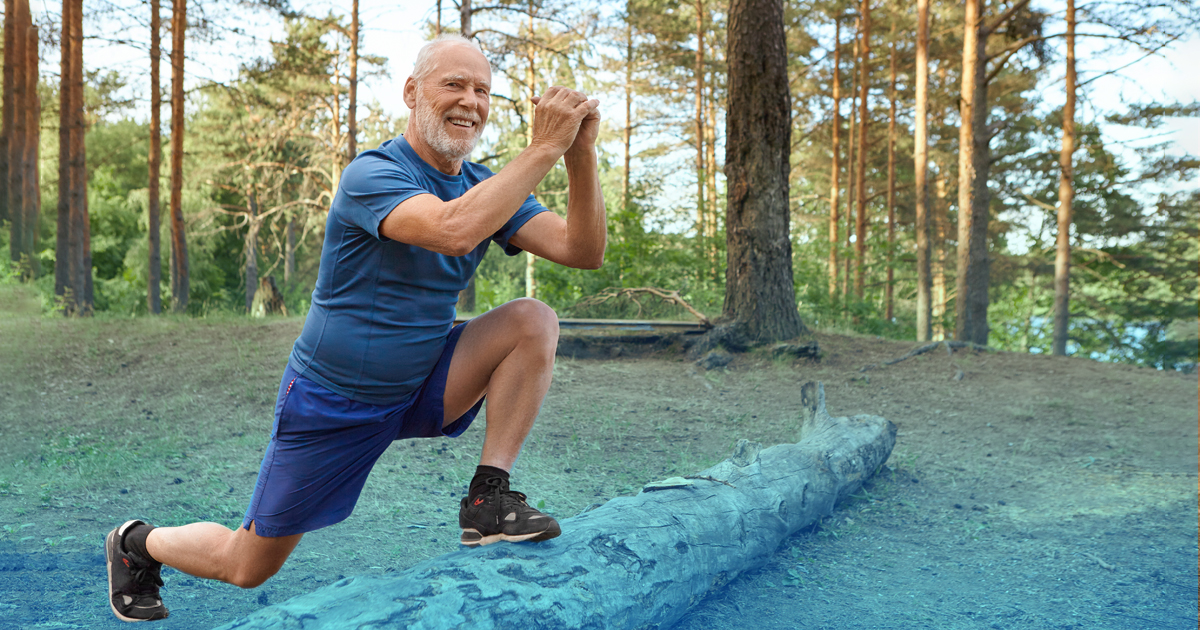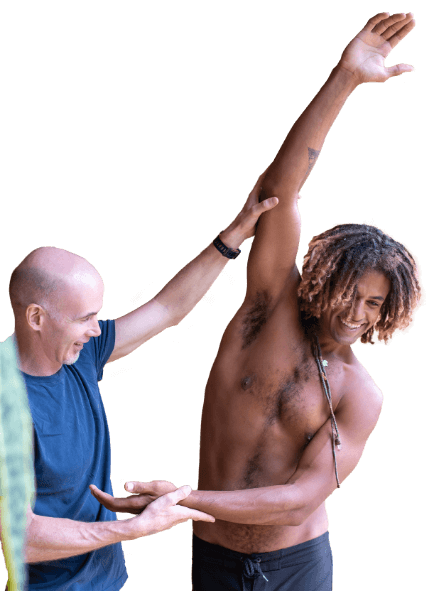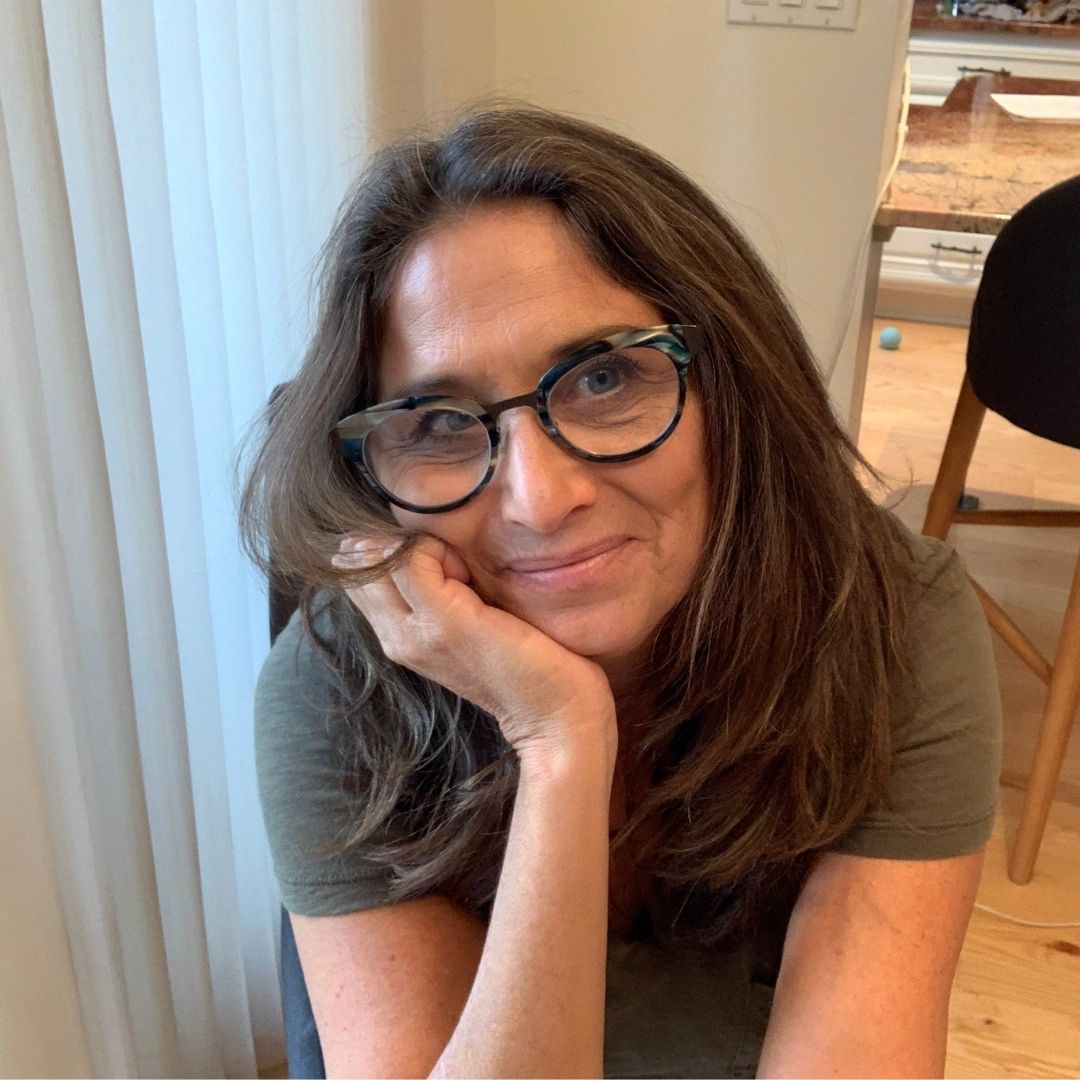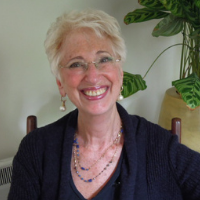
Aging is an inevitable part of life, but the way we age might be more in our control than we think. Muscular weakness has long been associated with declining overall health as we age but muscular strength can reverse it.
A recent study of 1275 older adults has shed new light on the relationship between muscular strength and aging (1). The intriguing findings suggest that maintaining solid muscles may be vital to slowing biological aging.
The researchers state, “”There is a large body of evidence linking muscular weakness, as determined by low grip strength, to a host of negative aging-related health outcomes. Given these links, grip strength has been labeled a ”biomarker of aging.””
When most people think of aging, they consider it in terms of the number of years they have lived, also known as their chronological age. However, biological aging, which refers to the changes that occur in our bodies over time, can be different from chronological age.
Biological age is a more meaningful measure of aging as it is modifiable and varies from person to person. We can gain insights into disease risk and overall health by measuring biological age.
Scientists have recently developed epigenetic clocks to give you an idea of your body’s biological age. For example, imagine we are studying identical twins who were both 40 years old, but one was overweight, never exercised, drank excessively, and had a history of high stress. By contrast, the other ate well, managed stress, and had a regular exercise regime; an epigenetic clock should be able to look at the DNA of the ”hard living” twin and notice that their body had aged faster than the other.
These clocks analyze patterns of DNA methylation, and by comparing an individual’s DNA methylation pattern to a reference population, researchers can estimate their biological age. There are even clocks such as the PhenoAge clock, which have proven to be accurate predictors of remaining life expectancy and disease risk. To learn more about epigenetic clocks, check out my interview with Dr Morgan Levine, the inventor of PhenoAge, here.
Muscular weakness has been linked to various adverse outcomes associated with aging, like diabetes, cognitive decline (e.g., Alzheimer’s disease), and early all-cause mortality. This study aimed to see if there was some connection between what the epigenetic clocks showed and what the grip strength test showed.
Only some people can access epigenetic testing, so measuring grip strength would be an excellent proxy. It was remarkable that they discovered that increasing muscular strength contributes to a slower pace of biological aging.
So what does this mean?
It really underscores the importance of regular physical activity, including strength training, in our lives. This is important because nearly all my clients over 50 have no regular weight training routine. They are usually 2-5 lbs if they lift weights, which is needed.
Four key takeaways:
Studies like this highlight the significant link between muscular strength and biological aging. Maintaining solid muscles plays a vital role in slowing the aging process. If you want to age gracefully, stay active, and put a health span into your life, then incorporating regular strength training into your daily life should be a crucial part of your future.
Sometimes, you need a coach to help set you on the right path. If you want to talk to me about your specific situation, please get in touch with me via the Contact Us page, and we’ll see if we can make ”your lifestyle your medicine”.

Over the last 10 years Ed has been building a YouTube library to help people manage their own pain or movement limitations and increase performance through exercise. He regularly adds videos so be sure to subscribe and visit regularly


"Oh My Gosh- I am ALREADY feeling relief after a few days! I used to wake up 2-3 times a night with shooting pain that anti inflammatories couldn't touch. Now I have been waking up just because I want to notice what it feels like to lay in bed pain free- THANK YOU!."

"When I first started with your program I was experience a lot of pain. Walking was difficult. I had to stop and catch my breath every few minutes and lean against a wall for support. Now when I walk with my husband we go for over an hour. I never had to sit down and stop...and, hardly any pain!!! 😊😊 I can’t thank you enough."
Frustrated that you aren't recovering fast enough?
Discover how to heal from illness and injury using movement, food and lifestyle.